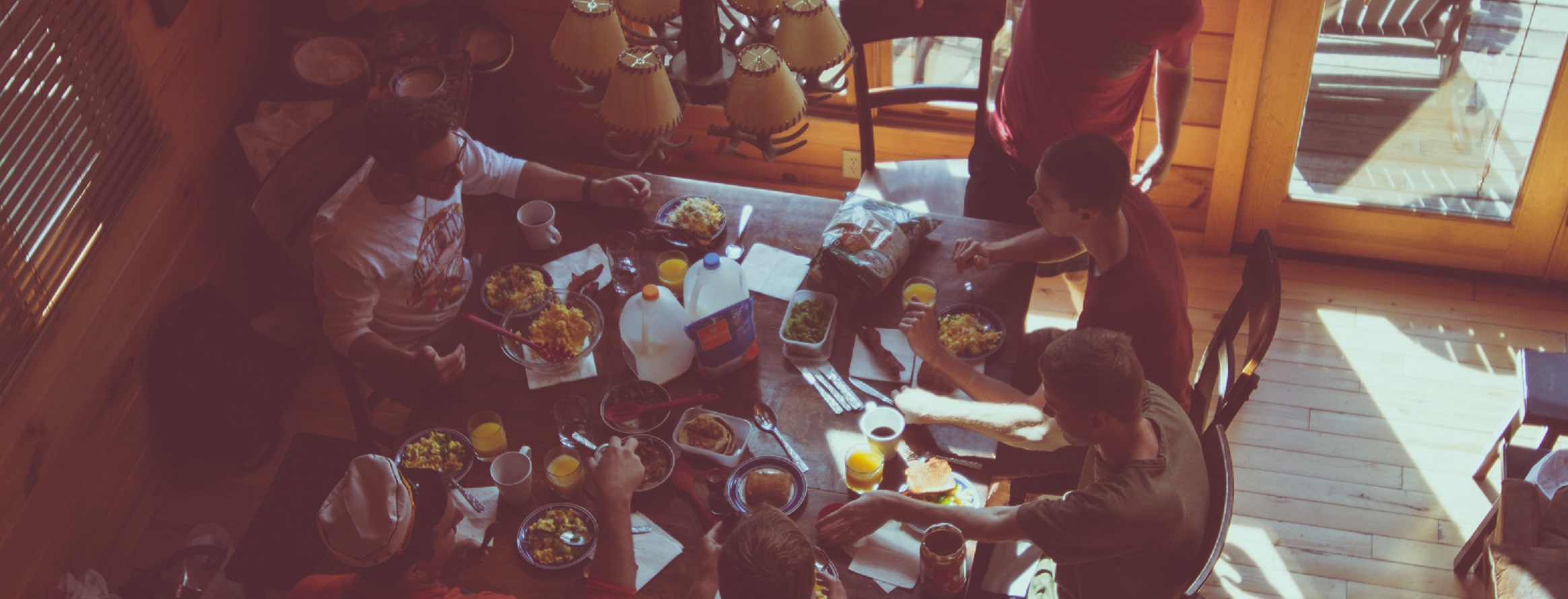Recently, I was asked what my purpose is.
Why do I do what I do?
For a long time now, it has been this:
To awaken people to reclaim their personal agency and maximise their potential to live a meaningful and authentic life.
This may seem abstract and perhaps a mere lofty ideal; I believe not.
Just as we aspire to do ‘good’, how ‘good’ is embodied, practiced, demonstrated or modeled each day is what matters. This exercise remains personal.
We are not seeking perfection nor are we infallible. We set out each day holding onto the intention for this purpose to be true in words and actions.
How do I know I have succeeded?
What is the measure of success?
Because mine is a transpersonal purpose, it is less about me and much more about the other. And success is then measured by the impact on and outcome for the other with whom I am in contact.
Life purpose makes what we do in our personal and professional life meaningful. As is oft said, it’s the journey not the destination that matters.
With each task and every interaction with one or many – be they family, friends, students, colleagues, clients, etc. – this purpose, like a lighthouse on the frontier of the known and yet unknown, shines the way and alerts us when we are at risk of drifting from the true course.
For me, I am not out to change another. Personal change cannot happen without their committed participation to their own growth. So it is that I seek to create, even if only in small ways, the conditions which activate or deepen their commitment.
To quote Ralph Waldo Emerson,
“…to know even one life has breathed easier because you have lived. This is to have succeeded!”
Perhaps my measure of success is not lofty enough 😉?
Heading into 2023
I urge you to take time to reflect on what your purpose is and your measure of success. And consider this,
- How are your interactions with others?
- How do you approach your work?
- Are they aligned to your purpose?
May your 2023 be a meaningful year!










